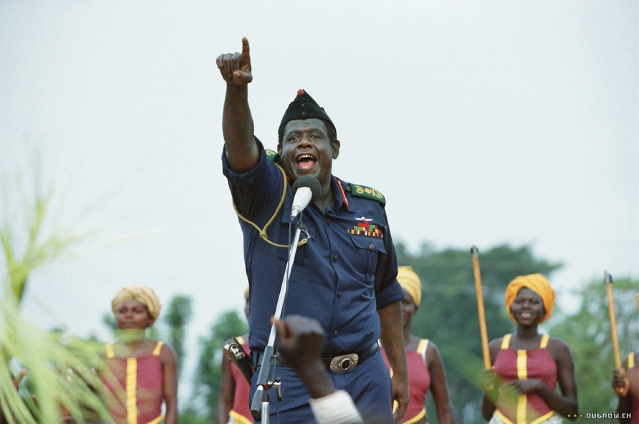The Last King Of Scotland
Historical Drama Exposes One Of History’s Greatest Monsters


Gomer? Get with the program!”
Latest Article|September 3, 2020|Free
::Making Grown Men Cry Since 1992


Gomer? Get with the program!”